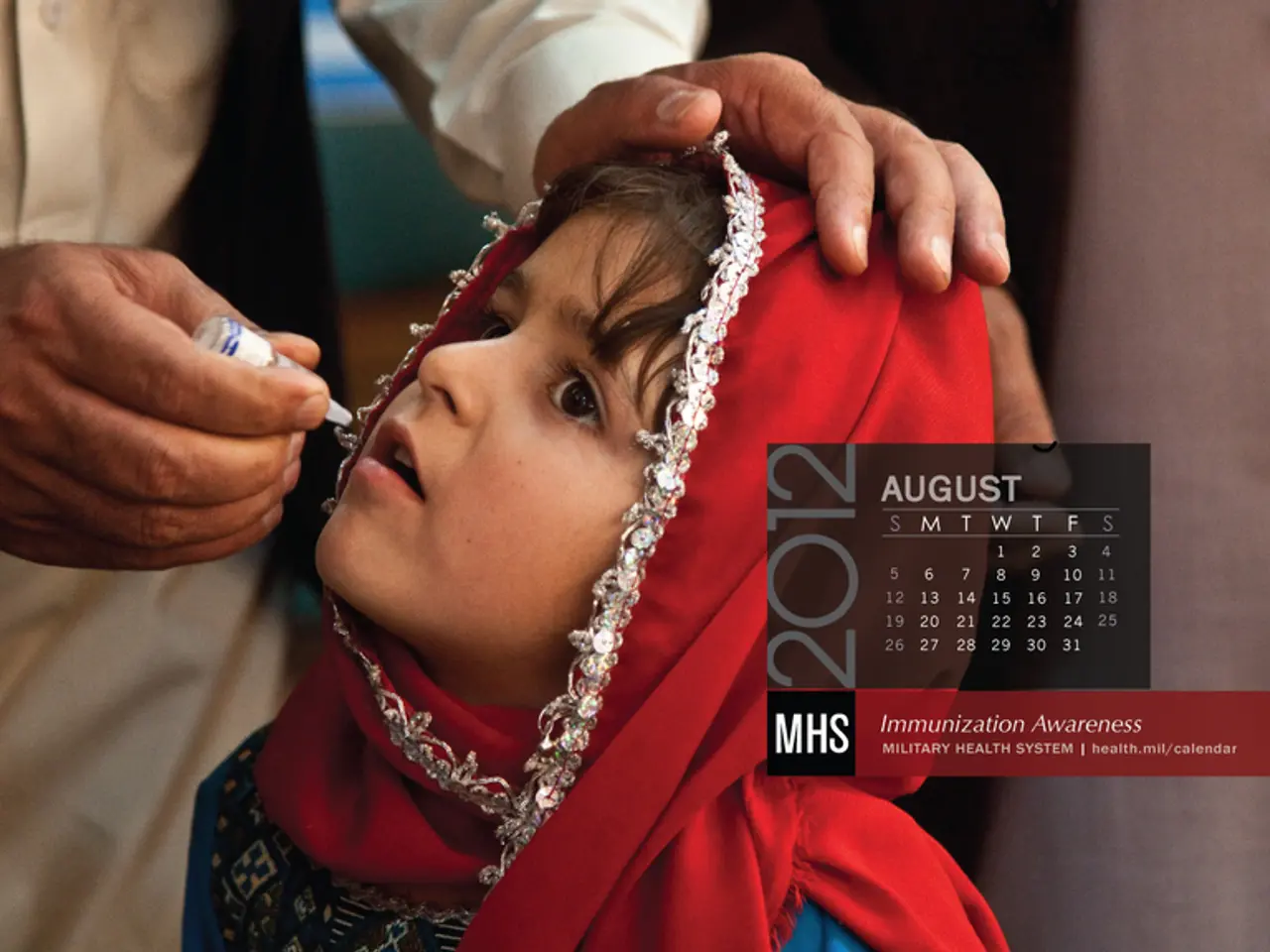Regular STI Testing Urged for Sexually Active Individuals
Sexually active individuals are urged to prioritize regular testing for sexually transmitted infections (STIs). A recent guideline emphasizes the importance of STI screening, particularly for those at higher risk.
Pregnant individuals should undergo STI testing, including syphilis, HIV, hepatitis B, and C, at their first prenatal visit. Most STIs can be detected through urine or blood samples, with some requiring swab tests based on the type of test and symptoms. It's normal to feel various emotions if you test positive, and it's crucial to discuss any concerns with your doctor.
Testing is recommended for anyone aged 13-64 for HIV, at least once in their life, and for sexually active women under 25 for gonorrhea and chlamydia yearly. Those who have never been tested but have engaged in unprotected sex, especially with partners of unknown STI status, belong to high-risk groups, or come from regions with high STI prevalence should consider getting tested. Regular testing is advised for individuals with multiple partners or those contemplating not using condoms.
STI testing is available at various locations, including doctor's offices, local health clinics, pharmacies, Planned Parenthood centers, and through at-home testing kits. It's important to note that STIs can be asymptomatic, potentially leading to complications like infertility if left untreated.
If you test positive for an STI, inform recent sexual partners and promptly follow up with a doctor for treatment. For sexually active gay men, bisexual men, or other men who have sex with men, regular testing for syphilis, chlamydia, HIV, and gonorrhea every 3-6 months is recommended if they have multiple or anonymous partners.
Read also:
- Comprehensive Overview of Addressing Traumatic Brain Injuries (TBIs)
- Enhanced Health Services Provisioned by San Diego Academic Health Partnership Continues During COVID-19 and Beyond
- Vaccination drive targeting infants under 6 months old against bronchiolitis in the region of Andalucia
- Biopsy Basics: Objectives, Varieties, and Potential Hazards - Healthline Illuminated






